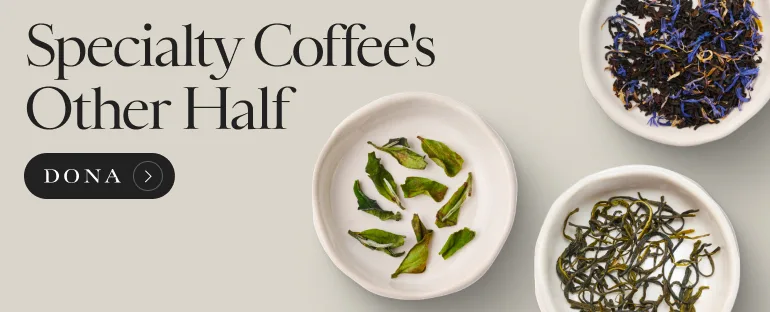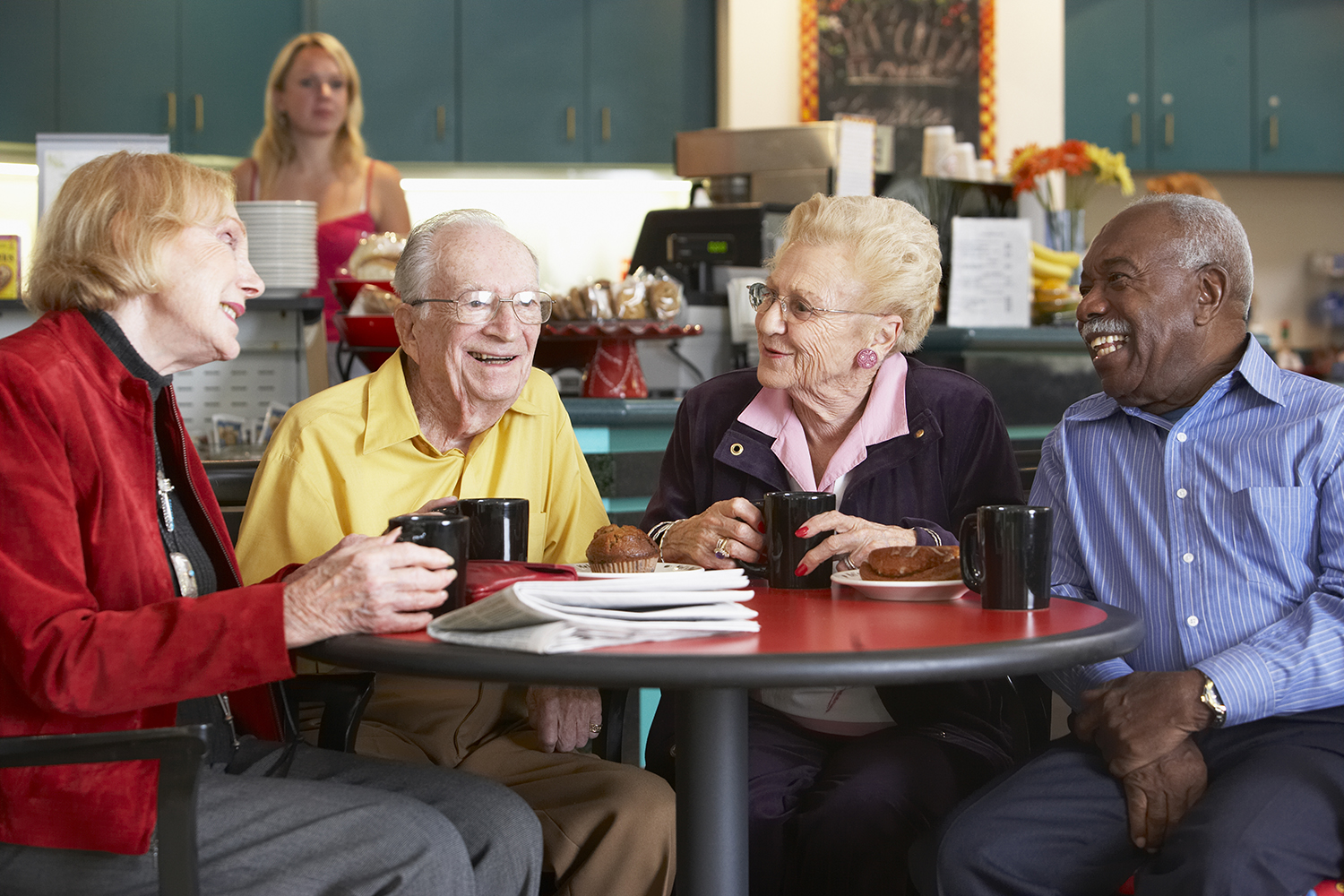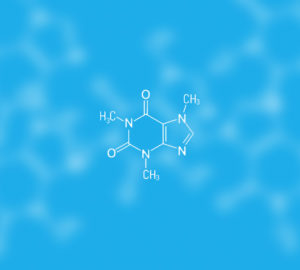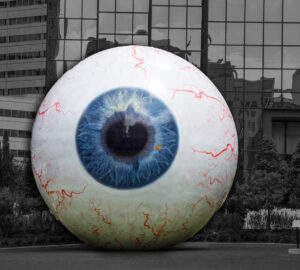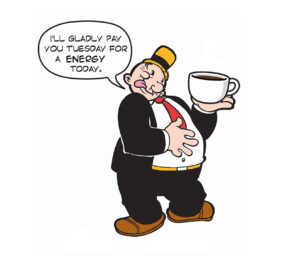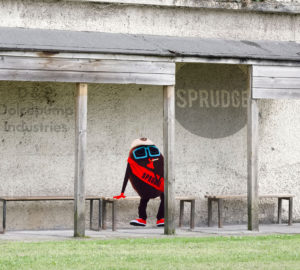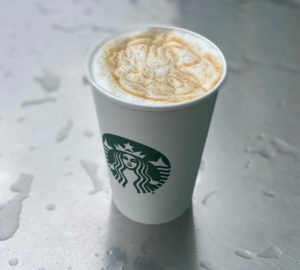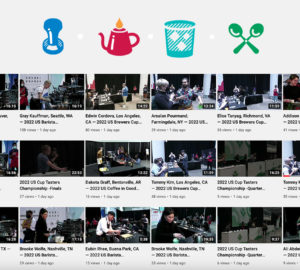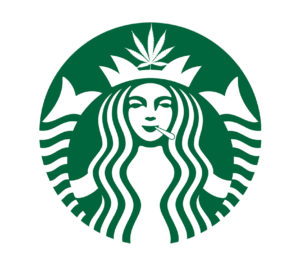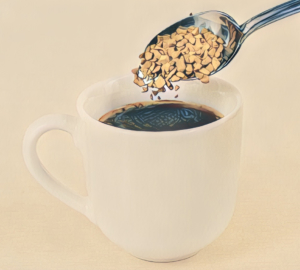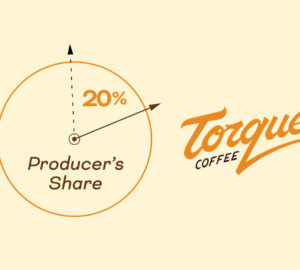 It’s not all roses when it comes to coffee consumption’s affect on individuals, though I’d gladly keep my head buried in the grounds or lie—to myself and to others—to espouse the contrary. But alas, a new study from researchers at Harvard Medical School, Beth Israel Deaconess Medical Center, Brigham and Women’s Hospital, and the Harvard T.H. Chan School of Public Health finds that caffeine consumption in migraine sufferers can trigger an attack.
It’s not all roses when it comes to coffee consumption’s affect on individuals, though I’d gladly keep my head buried in the grounds or lie—to myself and to others—to espouse the contrary. But alas, a new study from researchers at Harvard Medical School, Beth Israel Deaconess Medical Center, Brigham and Women’s Hospital, and the Harvard T.H. Chan School of Public Health finds that caffeine consumption in migraine sufferers can trigger an attack.
But don’t worry, migraine sufferers, it’s not any and all caffeine consumption; there’s a discrete point of no return: three caffeinated beverages.
For their study that was recently published in the American Journal of Medicine, the researchers followed 98 adults with frequent episodic migraines for at least six weeks, having them log diaries twice daily. In the diaries, participants would report on the total number of caffeinated beverages they consumed—coffee, tea, soda, and energy drinks—“headache reports detailing the onset, duration, intensity and medications used for migraines,” as well as “information about other common migraine triggers, including medication use, alcoholic beverage intake, activity levels, depressive symptoms, psychological stress, sleep patterns and menstrual cycles.”
Using “self-matching,” an approach where the number of migraine attacks on days without caffeine were compared to the number on days with caffeine or an individual level, the researcher found “no association between one to two servings of caffeinated beverages and the odds of headaches on the same day.” They did find, however, higher incidents of same-day headaches where the participant consumed three or more caffeinated beverages. Participants who infrequently consumed caffeine saw a similar increase in headaches at even one or two beverages.
Principle investigator Dr. Suzanne Bertisch, a Harvard Medical School assistant professor of medicine at Beth Israel Deaconess, had this to say:
This study was a novel opportunity to examine the short-term effects of daily caffeinated beverage intake on the risk of migraine headaches. Interestingly, despite some patients with episodic migraine thinking they need to avoid caffeine, we found that drinking one to two servings per day was not associated with higher risk of headache. More work is needed to confirm these findings, but it is an important first step.
These results comes as somewhat good news for coffee-loving migraine sufferers. Caffeine has been generally thought of as a cause of headaches, and according to this research, in some cases it is. But it may not be true across the board. Two cups of coffee may just be the way to go.
Zac Cadwalader is the managing editor at Sprudge Media Network and a staff writer based in Dallas. Read more Zac Cadwalader on Sprudge.













